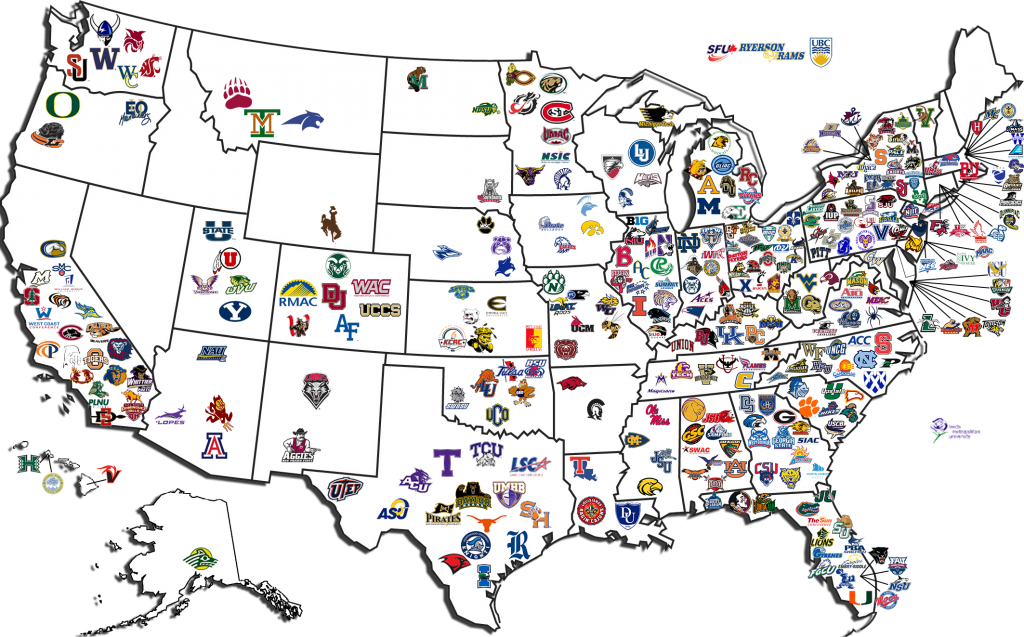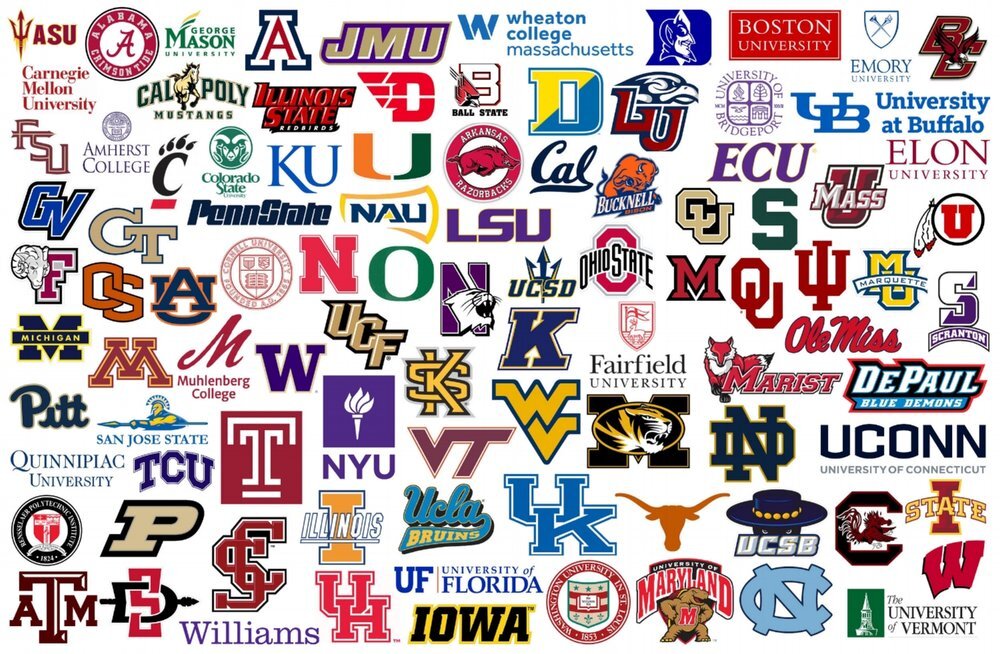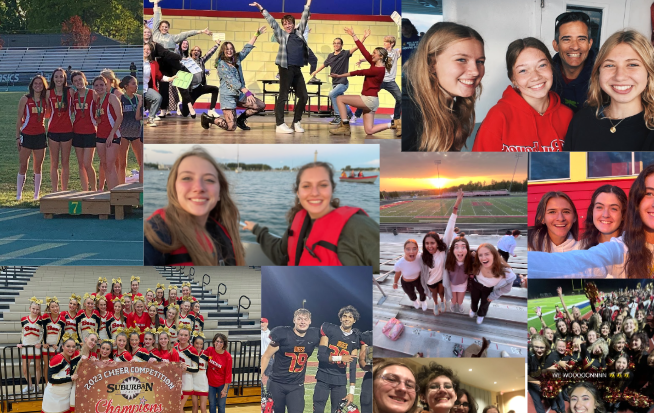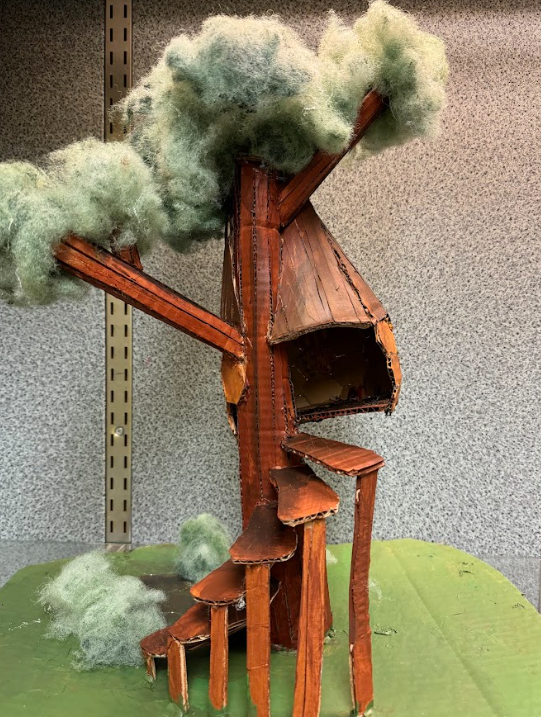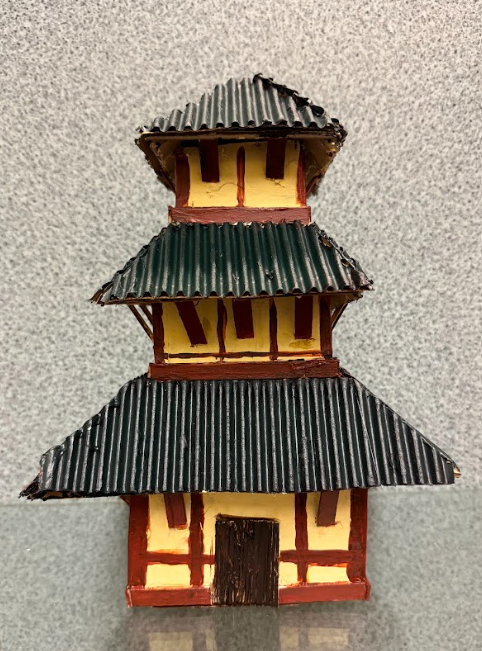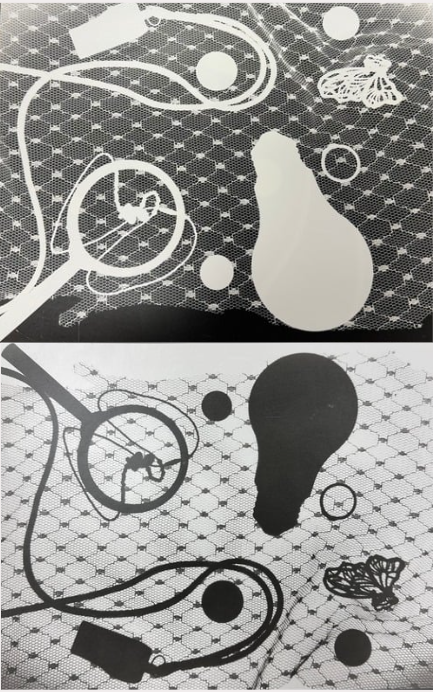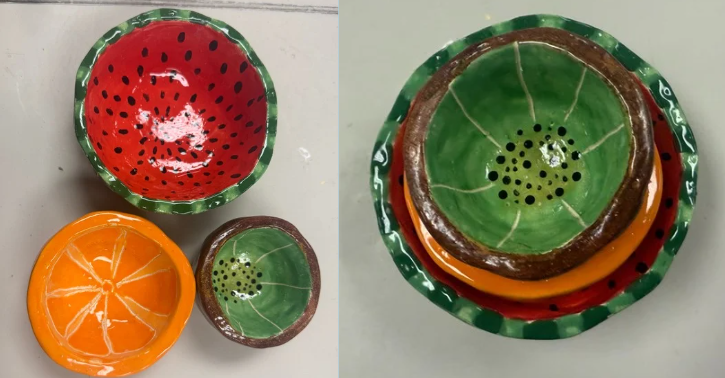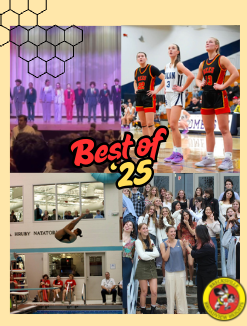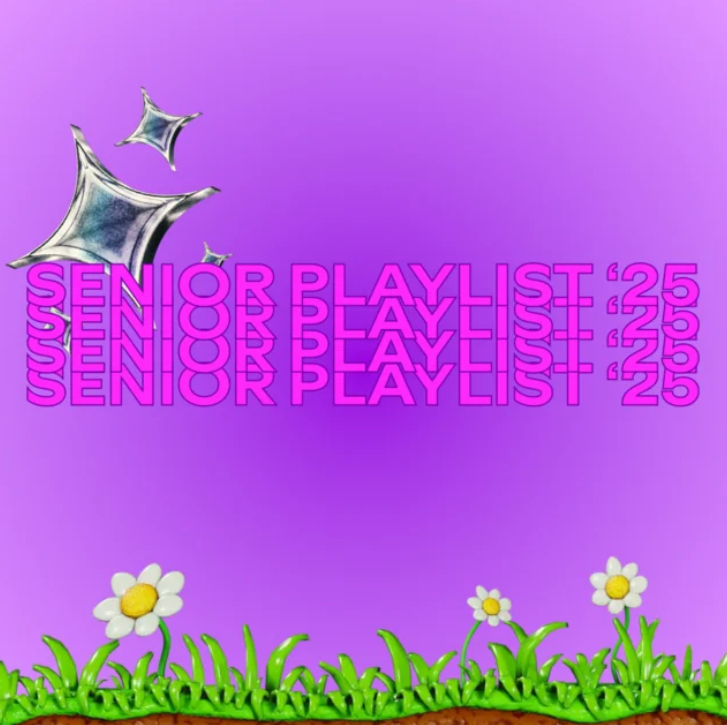Cracking the Study Code
December 14, 2022
“Procrastination is like a credit card: it’s a lot of fun until you get the bill” – Christopher Parker
Midterms coming up? We’ve got you covered.
Studying and preparing for massive tests like midterms and finals can be very stressful and you might feel unmotivated to study.
If you’re a procrastinator – and who isn’t sometimes? – one of the best ways to overcome it is by staying organized.
Stay Organized
According to Nemours Teen Health article, “Organizing Your Schoolwork”, everything is easier when you’re organized. You can get to work faster without wasting time looking for stuff.
But, it’s not only about organizing your work, it’s about organizing your space and your time. Using a planner or planning app, like Remember the Milk which can be used on iOS and Android, will also be useful.
Getting your “free” time under control now will help you to manage that extra 20 hours a week come freshman year of college when you’ll need to study and want to socialize more than ever.
Review Notes
Yet, staying organized isn’t the only way to help you improve your study habits. Things like completing assignments thoroughly and in a timely manner or reviewing your notes each day are also beneficial.
Midterms consist of the main topics you’ve learned from the first half of the year. Most teachers will hand out study guides highlighting these topics or you can ask about concepts you should prioritize.
Upchieve states in their article, “5 Great Ways to Study for Your Midterm Exams”, that reviewing with other people can also be helpful because you could be provided with more knowledge on topics that you might have forgotten.
Avani Chaudhry, author of the article, recommends either reviewing unit tests or quizzes taken in class or understanding the questions you got wrong. Reviewing past assessments and learning from past mistakes enables you to do well on upcoming exams when those skills will be tested again.
Isabella Brashear, junior and member of the National Honor Society at Brecksville Broadview Heights recommends doing any review given by the teacher to help you prepare for an upcoming test. “When I have to study, I typically do any review given to me by the teacher, and then check past assignments having to do with topics on the review that I felt I needed more help with,” said Brashear.
Get Enough Sleep
Test anxiety is a real thing and you may be tempted to pull an all-nighter, but getting an adequate amount of sleep is one of the main keys to being successful when it’s time to take your test.
According to a group of researchers out of the Massachusetts Institute of Technology and Harvard, getting consistent and adequate amounts of sleep in the weeks leading up to an exam can have a significant impact on how well students perform on tests.
However, only getting a good night’s sleep the night before your exams, doesn’t cut it. The group of researchers used monitoring devices to track the sleep of nearly 100 college students, proving that only getting enough sleep the night before does not boost test scores.
Labiba Ibnath, a junior at BBH and member of NHS believes that sleep is one of the most important things to consider when studying. Ibnath says, “Getting at least 7 hours before a big test is really conducive to helping remember more information while taking it as well as not feeling tired and miserable.”
Know What Kind of Learner You Are
Although sleep may be one key point, another is knowing what kind of learner you are. Are you a visual learner? How about an aural learner? Or maybe a kinesthetic learner? If you don’t know what any of those mean, let’s break it down:
If you are a visual learner, you learn better from looking at notes, watching videos or looking at charts. Try checking out online resources your teacher may have posted since the beginning of the year.
If you’re an auditory learner, you learn best from reading notes out loud and recording them on your phone to listen to later. Something that may be helpful if you’re an aural learner is to talk over concepts with a classmate.
If you’re a kinesthetic learner, you like to think of real-world examples. When reviewing your notes, try to use as many of your senses as you can when studying.
Hana Mazak, a junior at BBH and member of NHS, says, “It’s okay if your method of organizing and studying is completely different from somebody else’s. Something that is helpful to know is what type of learner you are. Knowing your strengths can help your studying to be more efficient and effective.”.
The Study Cycle
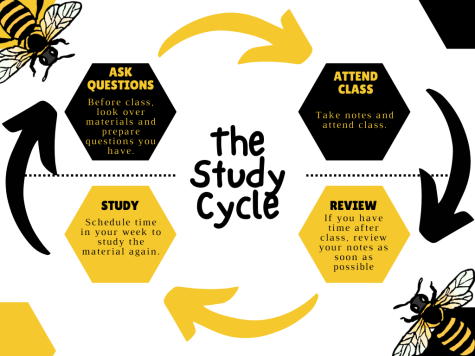
Once you know what kind of learner you are, you can start practicing the study cycle. According to the University of Colorado, there are four main steps to the cycle:
→ If you have time before your class, review the material you’ve been covering over the past couple of days. Skim through the material and if you have any questions, don’t hesitate to ask.
→ Take notes and attend class. It sounds silly but admit it, a lot of us like to go to our happy place halfway through a lecture because we find it “boring” or “uninteresting”.
→ If you have time after class, review your notes as soon as possible.
→ Schedule time in your week to study the material again. Review your notes, handouts or other resources.
Now that you know how to crack the study cycle, try using these tips to help you prepare for your midterms, and remember, everybody’s style is different, test what works best for you.



